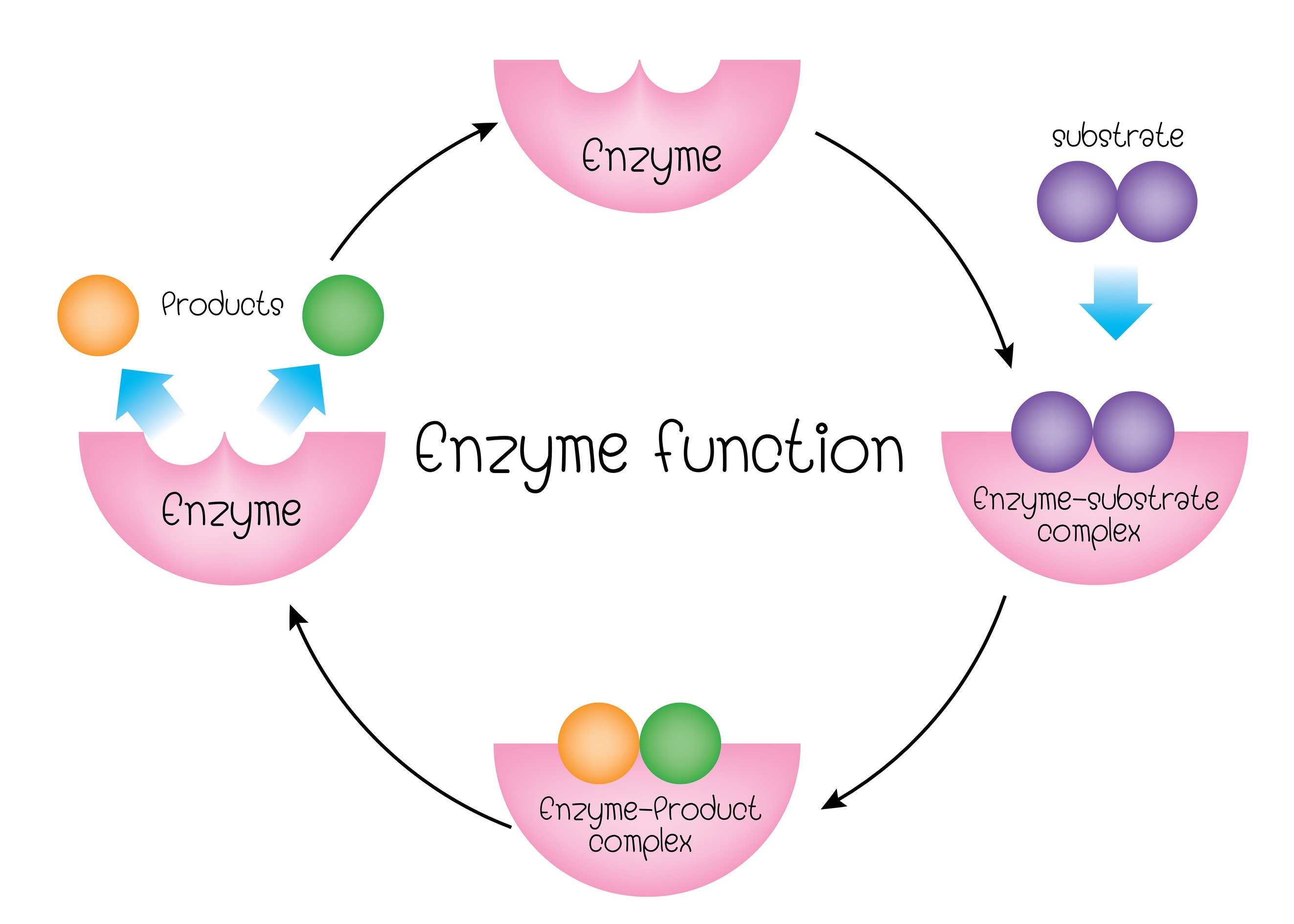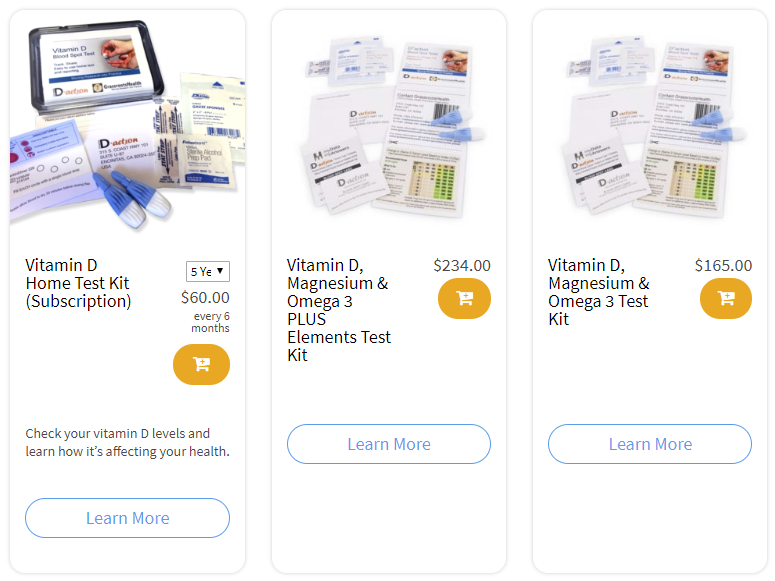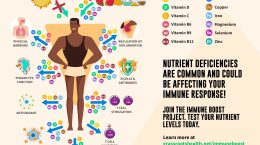Published on January 31, 2020
We often hear how certain nutrients are involved in hundreds or thousands of enzyme reactions… but what exactly does this mean? What is an enzyme?
An enzyme is a type of protein, typically ending in the suffix “-ase”, that acts to speed up chemical reactions within the body, but are not “used up” in the process. Enzymes are vital to carry out proper metabolic function at a cellular and tissue-specific level. Different enzymes are produced for specific actions based on their amino acid sequence.
Enzymes range between fewer than 100 amino acids to more than 2,000 and come in all different shapes and sizes. They can be synthesized within the body based on functional need or can be consumed via dietary or supplemental sources. Proper function of an enzyme depends on optimal pH and temperature conditions.
Some enzymes need co-enzymes, or co-nutrients to assist in carrying out their function. This is where vitamins and minerals come into play. If someone is deficient in any one of the vitamins or minerals needed to carry out an enzymatic reaction, the enzyme will not be able to function properly, and pathological conditions may arise. GrassrootsHealth offers a variety of different tests to determine if certain vitamin and mineral levels are within proper range to carry out normal metabolic functions, including their role in enzyme functionality.
The diagram below illustrates a generalized picture of how enzymes work. The substrate represents the substance being changed to create the end product.
Here we will outline some of the metabolic processes that vitamin D, magnesium, zinc, selenium, and copper participate in.
Vitamin D
Vitamin D is a fat-soluble vitamin. It binds to vitamin D receptors on target tissue (i.e. gut, bones, kidneys) and helps regulate calcium absorption, immune function, insulin sensitivity, and cellular proliferation and differentiation. Vitamin D requires several enzymes to be converted into its various forms, and some of these conversions require magnesium to be present as a co-nutrient. Sufficient vitamin D levels (40-60 ng/ml) help reduce the risk of breast cancer, colon cancer, autoimmune disease, allergies, cold and flu, osteoporosis, inflammation, mental health disorders, and imbalance of the gut microbiome.
Magnesium
Magnesium is an essential mineral that serves as a co-factor in over 300 enzymatic reactions including: muscle and nerve function, blood pressure regulation, and blood glucose control. Magnesium helps enzymes utilize ATP, a chemical in all living organisms that provides energy, and therefore assists in several ATP-dependent reactions such as glucose metabolism, activation of proteins, and transportation of ions across intracellular membranes.
Zinc
Zinc is an essential trace mineral found in every tissue of the body that acts as a cofactor for roughly 3,000 protein and enzymes and is vital for maintaining health. Zinc is involved in protein synthesis, DNA synthesis, immune function, antioxidant defense systems, and cell division.
Superoxide dismutase, an enzyme responsible for breaking down reactive oxygen species, is one of many enzymes that depends on zinc (and copper) for proper function. Therefore, zinc deficiency can lead to increased risk of oxidative stress and inflammation.
Copper
Copper is an essential mineral that assists in the formation of collagen and therefore influences heart and blood vessel function, skin integrity, wound healing, and bone strength. Copper is a co-factor for cytochrome c oxidase, an enzyme critical in energy production. It is also involved in superoxide dismutase function (as mentioned above), and about 95% of copper in the blood is bound to ceruloplasmin, an enzyme that transports copper and decreases oxidative stress by reducing iron to its most stable form.
Selenium
Selenium is an essential trace element that plays a key role in thyroid function, reproduction, DNA synthesis, and antioxidant defense mechanisms. Selenium is incorporated into proteins (called “selenoproteins”) like glutathione peroxidase, a potent antioxidant responsible for catalyzing the reduction of hydrogen peroxide into water. Selenium is vital for the activation of this enzyme and therefore assists in reducing oxidative stress and inflammation. An enzyme responsible for regulating thyroid hormone maturation and activating thyroid hormone is also dependent on selenium. Selenium deficiency is greater in people with high levels of oxidative stress and may contribute to inflammatory disease, cardiovascular disease, and thyroid hormone dysfunction.
GrassrootsHealth D*action Magnesium + Safety Project tests serum magnesium, vitamin D, and other essential element levels and uses an online tracking tool to monitor the effectiveness of serum levels on certain health conditions.
Are your nutrient levels supportive of optimal enzyme function?
Make sure you know your vitamin D level, and take steps to keep it within a target of 40-60 ng/ml or 100-150 nmol/L! Through GrassrootsHealth Nutrient Research Institute, you can also test your essential elements magnesium, copper, zinc and selenium, toxins such as lead, mercury and cadmium, as well as your omega-3 levels, inflammation levels and thyroid stimulating hormone (TSH) level. Find out your levels today! Log on to the test selection page (click the link below) to get your tests and see for yourself if your levels can be improved.
Make sure you track your results before and after, about every 6 months!
Click Here to Access the Test Page
How can I track my nutrient intake and levels over time?
To help you track your supplement use and nutrient levels, GrassrootsHealth has created an online tracking system called myData-myAnswers. For each specific supplement, you can track what days you take it, how much, and many other details. This will help you know your true supplemental intake and what patterns of use work for you to reach and maintain optimum nutrient levels. Check it out today!








